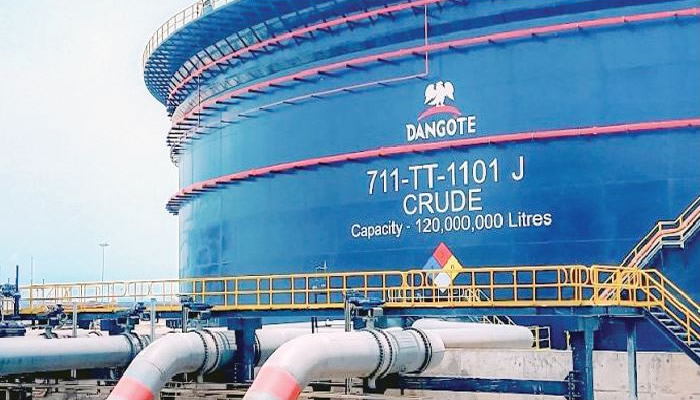BUSINESS DAY
On a busy Monday morning, amid heavy traffic, Simisola, a sales girl at a supermarket in Ilupeju, Lagos, joined others to trek some distance to work.
They trekked from Canoe Bus Stop at Oke-Afa to Ajao Estate in Isolo to connect Oshodi before boarding a commuter bus, just to save on transport and manage their meager earnings.
Considering the almost 100 percent hike in transport fare by commuter buses in response to the recent increment in fuel pump price, many are hitting the road on foot like Simisola.
In the wake of the new price increment, many motorists have packed their cars at home to join commuter buses, considering that it is economical to do so as fuel is very expensive now, and most regrettably, scarce.
“It has been difficult to go to work since fuel was increased to N850 per litre. I used to spend between N1500 to N2000 on transportation every day, but I spend double that amount now and my salary is far below N100,000 a month. I am just working for nothing now,” she said.
Obviously, many Nigerians are experiencing difficulties due to the incessant hike in the prices of everything in the country, especially since the beginning of the current administration.
Now, many are paying far more for less units of electricity; far more for less litres of fuel and sadly, far more for less food items.
As the hardship persists, it makes life unbearable for many Nigerians, with many fearing that the air they breathe might not be free soon.
But, having been pushed to the wall, many Nigerians, like Simisola, are now adopting a swim or sink approach as they must survive in spite of the government’s harsh policies.
Akeem Olabode, a laboratory assistant with a private hospital in Lekki Phase 1, Lagos, lamented that the austerity measures, which his father spoke about during the military regime, is back because many cannot survive the high-level inflation in the country, which the recent fuel pump price has worsened, without being frugal in their expenditure.
“Since last week, I have been seeing more people trek some distance to work and to their businesses, even if it is from one bus stop to another, just to save money. If you check, the streets and highways are busier now in the morning and evening when people go and return from work, despite the risk. There is no money, nobody is increasing salaries and even the minimum wage makes no sense again because of the hike in fuel price,” Olabode observed.
The laboratory assistant, who warned that long distance trekking is not good for health, lamented that more people are not coming to hospitals again because of the high cost of healthcare, which he noted would worsen as the economy bites harder and would result in more deaths from ailments that could have been prevented or treated if the cost of accessing healthcare was cheaper.
Part of the survival measures, especially for some workers in Lagos and Abuja, who cannot bear the high cost of transportation, is to stay back in their working places and return home on weekends, while some companies run extended shifts to help junior staff members to save money on the days they are off duty.
“Some of our accounts and IT staff members are staying back in the office nowadays, they claim that there is more work load now, but I know that some of them don’t have money to shuttle every day from Lugbe, Nyanya, Gwagwalada and even as far as Suleja to come to work every day.
“I live near the University of Abuja and I go home only on weekends to save money for family upkeep, school fees and house rent,” an Abuja resident, who simply introduced himself as Ikiri, said.
According to Ndubisi Uchegbu, a civil engineer and CEO of a medium-sized construction company in Aba, Abia State, the country is in survival mode now and that is the only way to go.
“I have told my children who did not experience the structural adjustment programme (SAP) under the military regime that the season of lack is back and we have to weather the storm again by responding accordingly.
“I cannot buy the very high dollars, so foreign universities are out of it…

